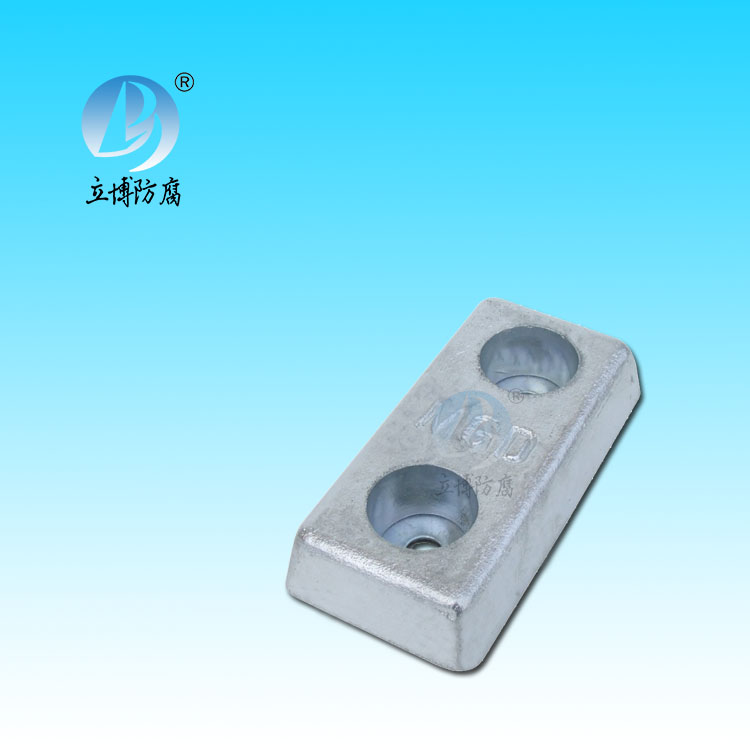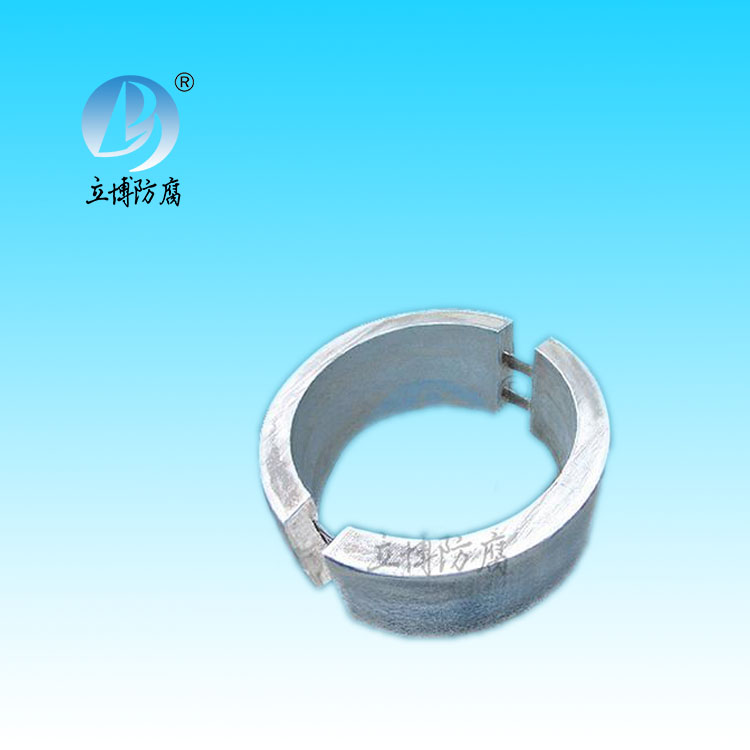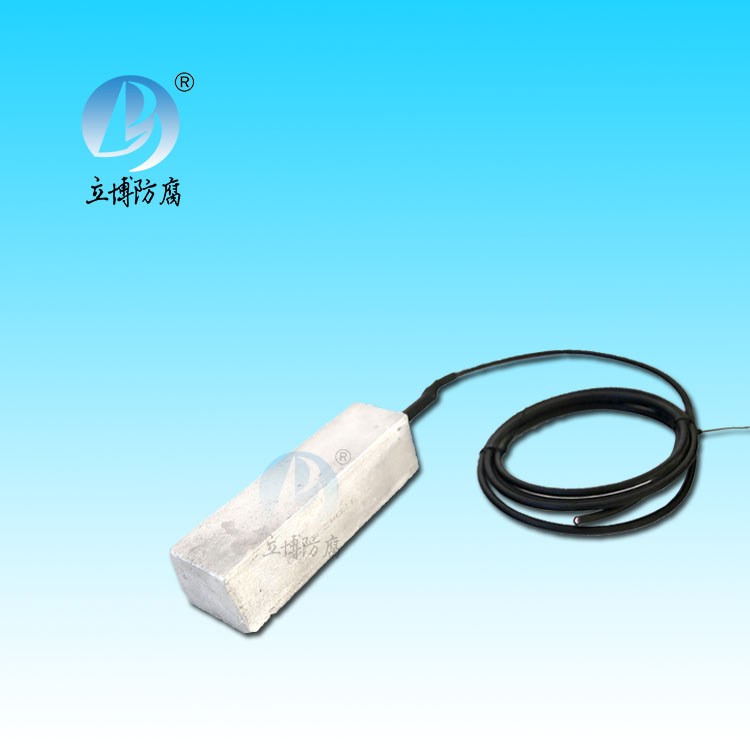News
News
- What is a sacrificial anode
- Basic requirements for reference...
- What does the reference electrode do...
- Why are zinc blocks attached to the ...
- What is the principle of impressed...
- What material does metal structure...
Contact
Phone:18739187123
hotline:0391-7588881
E-mail:[email protected]
Address:Wuzhi County, Jiaozuo City, China
Industry News
Why is it called a sacrificial anode?
- Author:Libo
- Source:wphotodu.cn
- Date:2021-06-11
- Click:0
Why is it called a sacrificial anode?
"In fact, in the theory of electrochemistry (in university courses), it is common to call the electrode where the oxidation reaction occurs when the electron is lost the anode (no distinction is made between the galvanic cell and the electrolytic cell). Similarly, it is common to call the electrode where the reduction reaction occurs when the electron is gained the cathode (no distinction is made between the galvanic cell and the electrolytic cell).
1, in middle school chemistry, the galvanic battery is positive and negative, the electrolytic cell is positive and negative - is separate.
2, electrochemical, galvanic cell and electrolytic cell are batteries, the two cases are not separated - oxidation reaction is the anode, the reduction reaction is the cathode.
In fact, the negative electrode of the original battery is the anode of the battery.
The negative electrode (anode) of an active metal is lost in electrochemical corrosion and is called a sacrificial anode. In this process, the positive electrode (cathode) can be protected, so it is called "cathodic protection by sacrificing the anode".
In the past, the electrodes in galvanic cells and electrolytic cells were called: cathode [the pole of reduction reaction], anode [the pole of oxidation reaction]. So the cathode, formerly known as a sacrificial anode, protects itself.







 客服QQ
客服QQ